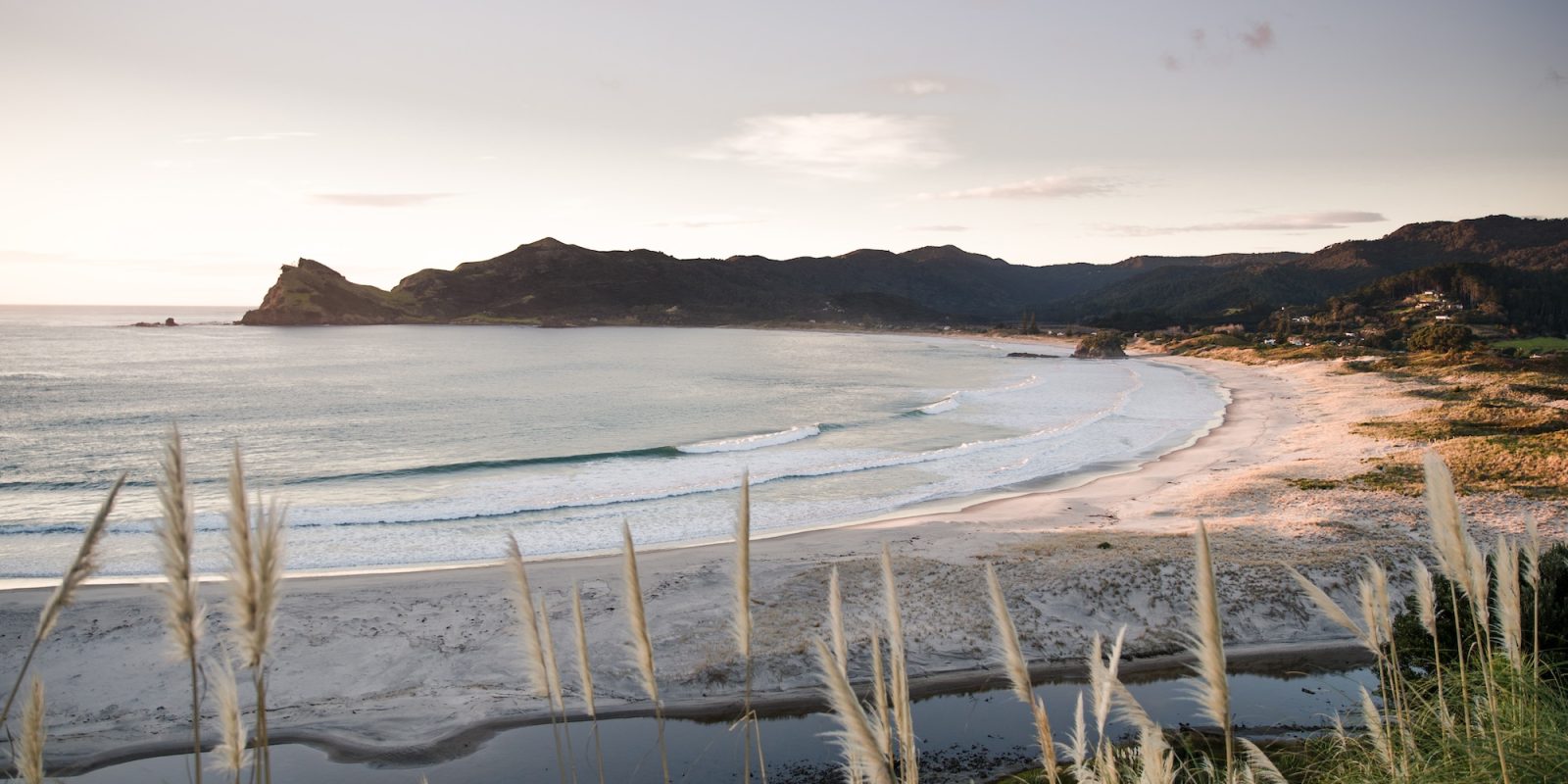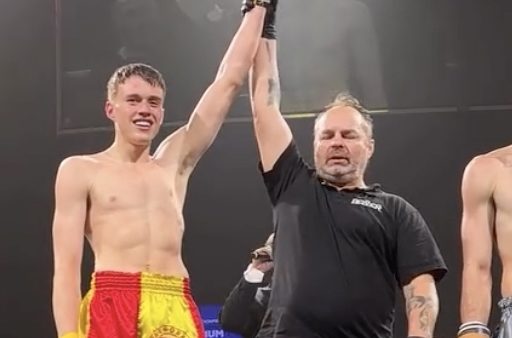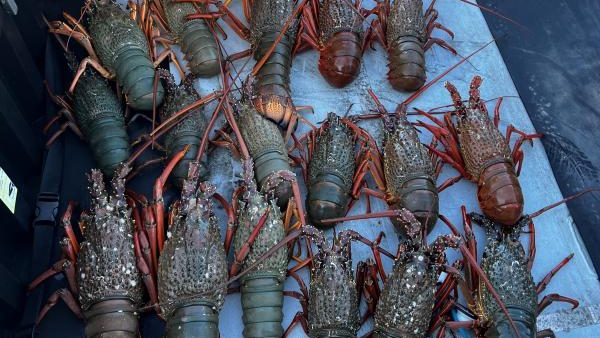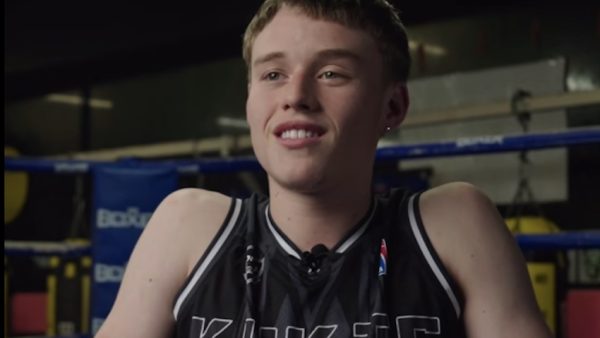There’s a sickness in Aotea, and it’s not just in our emergency health stats—it’s in the culture. It’s in the shrugging, sideways jokes about drug use. The quiet normalisation of misery. The worship of isolation. The fetishisation of retreat from society as if that’s a form of enlightenment rather than a symptom.
The drug culture here isn’t counter-culture. It’s not brave. It’s not rebellious. It’s a slow-motion collapse of young minds, fractured families, stolen property, and spiralling mental health. Meth—let’s call it what it is—is a Class A neurotoxin destroying futures, not just individuals. Weed, the so-called soft drug, has long since stopped being funny when teenagers are smoking daily before their prefrontal cortex is even fully developed. What happens next? Confused, disengaged adults with broken relationships, zero resilience, and in far too many cases, suicide.
This is not the good life.
Did you know?
A study on Wake Island in the Pacific found residues of brodifacoum — the same poison used by DoC on Rakitu Island and, from this month, on Kawau — still present in fish three years after a rat eradication drop. Consuming fish contaminated with brodifacoum can be harmful to humans, potentially leading to symptoms such as nosebleeds, gum bleeding, and internal bleeding because it interferes with blood clotting.
It’s not helped when public figures like our MP Chlöe Swarbrick obsess over drug decriminalisation, as if that’s the issue most urgently facing our community. When you have a generation of kids raised in homes marked by addiction and dysfunction, what they need isn’t a more “progressive” approach to drugs—they need structure, safety, and aspiration. But when even local therapists refuse to draw a line against teenage drug use, we’ve got a cultural problem, not just a policy one.
Too many islanders now wear isolation like armour. The stoic, off-grid, “I-don’t-need-anyone” aesthetic might feel strong—but it’s not strength if it cuts off community, accountability, and compassion. What looks like toughness is often just trauma with a beard. The island doesn’t need more grizzled lone wolves. It needs connection. It needs kindness. It needs purpose.
But some of the loudest voices pushing for change are part of the problem. There’s a current of anti-humanism running through Aotea’s modern environmental movement—people who seem to loathe productivity, industry, and even humanity itself. These are the same people who cheer for mass poisoning campaigns to “save the birds” while demonising those who want to grow food, farm productively, or build businesses. Rewilding everything while importing food on diesel-powered barges. It’s hypocrisy cloaked in righteousness.
Tū Mai Taonga, DOC, and the Iwi trust boards are some of the worst offenders—parading their eco-activism like badges of honour when they ought to be hanging their heads in shame.
They talk about saving “the planet” while openly scorning the people on it. The result? A culture of despair, masked in virtue.
Did you know: Adults with a strong sense of purpose — tied to productive, meaningful mahi — were three times more likely to still be alive after 8.5 years than those without it. That’s a 20 percentage point survival gap, according to a JAMA Psychiatry study tracking over 9,000 people.
We should believe in people. In growth. In community. In science and sanity. In the right of children to grow up with clarity—not confusion. In homes that are safe, parents that show up, and a future that isn’t reduced to a haze of drugs and defeat.
We shouldn’t glamorise drugs. We mustn’t brush off suicide, almost as if it’s “just one of those things.” And we shouldn’t pretend the status quo is working.
A pivot is possible—but it starts with truth. Then comes courage. Then comes connection. We mustn’t surrender to the darkness. We should fight for the light.
If You Need Support
If you or someone you know is struggling, please reach out for help.
- Aotea Family Support Group: Provides welfare support, counselling, and a short-term safe house for those in need.
Call (09) 429 0465 (Monday–Friday, 9:00 am–5:00 pm) - Lifeline: Call 0800 543 354 or text 4357 (HELP) (available 24/7)
- Suicide Crisis Helpline: Call 0508 828 865 (0508 TAUTOKO) (available 24/7)
- Youthline: Call 0800 376 633 or text 234
- What’s Up: Call 0800 942 8787 (11 am–11 pm) or use webchat (11 am–10:30 pm)
- Depression Helpline: Call 0800 111 757 or text 4202 (available 24/7)
- Helpline: Need to talk? Call or text 1737 (available 24/7)
- Aoake te Rā (Bereaved by Suicide Service): Call 0800 000 053
If it is an emergency and you or someone else is at immediate risk, call 111.





